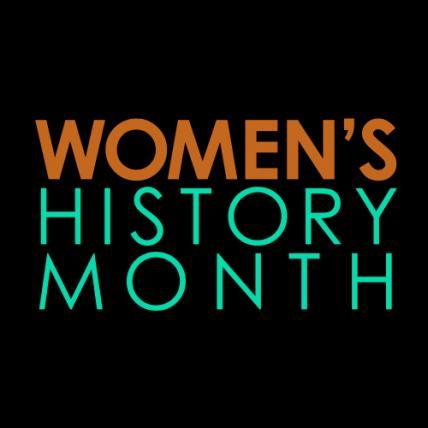The United States’ celebration of women’s history during the month of March began in 1981, when Congress authorized and requested the President to designate the week beginning March 7, 1982, “Women’s History Week.” After five years of national Women’s History Week celebrations, the National Women’s History Project (NWHP) led a successful campaign to have the entire month of March designated “Women’s History Month” in 1987. Since then, the NWHP, which became the National Women’s History Alliance (NWHA) in 2018, has established an annual theme to unify the national celebrations and focus on specific areas of women’s contributions and achievements throughout American history. This year, the theme is “Celebrating Women Who Tell Our Stories.”
The 2023 theme feels especially poignant, as the NWHA first began in 1980 as a group of five women who set out to change the fact that stories about women’s role in shaping history were mostly absent from historical and educational texts. This lack of representation belied the real influence of women’s work in developing American society. Throughout the past 43 years, the NWHA has worked to change public perception of women’s role in history by highlighting the stories and accomplishments of women from all backgrounds. Much has been said in recent years about the significance of representation in media, and this year’s theme emphasizes the importance of including women’s voices in the cultural narrative.
From visionary artists in film, television, music, and literature, to trailblazing journalists, and even today’s social media influencers and podcasters, the women who tell our stories have been instrumental not only in providing entertainment, but also in creating community and passing knowledge to the next generation. Women like Alice Guy-Blaché (one of the first female film directors), Joan Didion (prolific author and pioneer of New Journalism), and Carole King (iconic songwriter) have made an indelible mark on American art and culture. The work of these women, and many others like them, has the power to affect how members of their audience see themselves and how they view and relate to others.
Sharing stories through all forms of media gives us the opportunity to connect, both to the storyteller and to the world around us. It sparks conversations that can lead to major societal changes. By honoring the women who tell our stories, we give women of all ages and walks of life the ability to see themselves in those stories and empower them to share their own.
Amanda Ruggieri, Esq.

